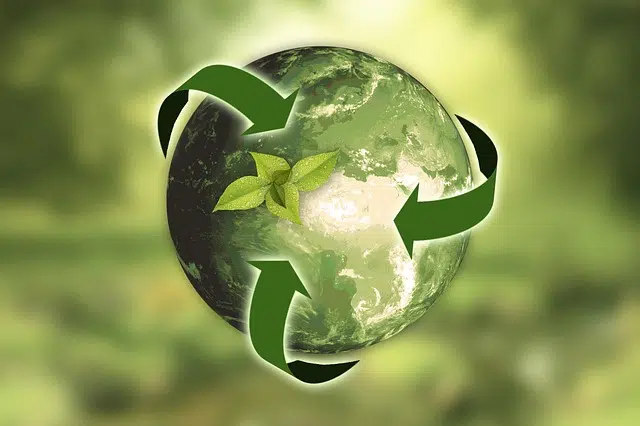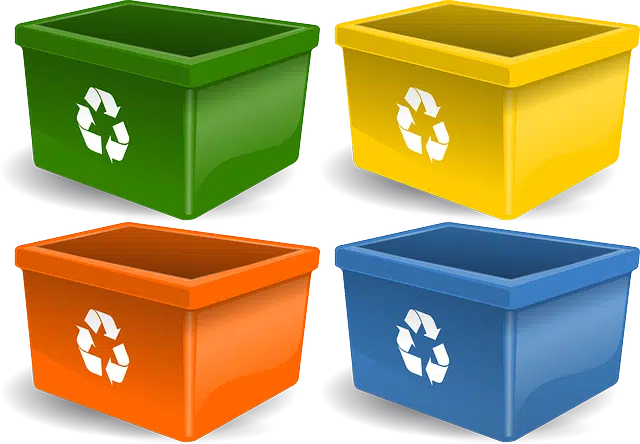
Recycling consists of the application of a process so that a material can be used again.
Recycling o recycling es la action and effect of recycling (aplicar un proceso sobre un material para que pueda volver a utilizarse). El reciclaje implica dar una new life al material en cuestión, lo que ayuda a reducir el consumo de recursos y la degradación del planet.
The recycling treatment can be carried out totally or partially, depending on each case. With some materials, it is possible to obtain a raw material , while others allow the generation of a new product .
Benefits of recycling
The basis of recycling is found in obtaining a raw material or product from waste . An already used good (such as an empty plastic bottle) can be thrown away or recycled and given a new life cycle (by melting the plastic and using it to make a new bottle, for example).
This means that recycling helps fight against the depletion of natural resources and also helps to eliminate waste effectively. By separating waste according to its characteristics, it is possible to use some for recycling and dispose of the rest appropriately.

Waste separation is essential for recycling.
The importance of waste separation
Recycling, therefore, involves sorting plants (which separate recoverable waste from the rest) and recycling plants (where the waste is finally recycled or stored). The separation of waste to promote recycling can be carried out in cities with the collaboration of the population, who must throw their waste in different containers: yellow (for packaging), blue (paper and cardboard), green (glass), etc.
At the domestic level, it is possible to recycle leftover vegetables and fruits to produce compost, which can, in turn, be used to create urban gardens. Without the need for large financial investments, it is possible to use some pots for planting food, which not only has a positive impact on our economy but also makes us less dependent on the market and more responsible.
recycling rate
Recycling rates worldwide vary greatly. In Europe, for example, some countries managed to exceed the objective imposed by the European Environment Association (EEA), which required that at least 50% of domestic waste be recycled by 2020; such is the case of Austria, Germany, Belgium, the Netherlands and Switzerland. On the other hand, there are countries like England and Ireland, which have shown a considerable increase in the last decade, but have not yet reached 40%.
However, worldwide, a large percentage of resources continue to be wasted due to lack of adherence to a proposal as simple as separating waste into different bags and depositing them in the indicated containers . While it is true that not all countries have the necessary infrastructure for their inhabitants to do their part, it is regrettable that millions of people who do have the opportunity to collaborate ignore their responsibility .
The fight against global warming
Practicing waste recycling can help reduce greenhouse gases , in addition to preserving highly valuable resources, given that the use of recycled materials reduces the damage we cause to the environment . According to a report issued by the EEA, thanks to the efforts made since 2001 to raise awareness among the population about these advantages, by 2010 a 56% reduction in CO2 emissions was achieved, which is equivalent to 38 million of tons.
It should be noted that the countries that have made the most progress in their commitment to recycling do not necessarily owe their success to a spontaneous and deep understanding of the planet's needs; On the contrary, and as occurs in many other fields, the most efficient tactic consists of the imposition of fines and punishments for non-compliance with the rules, which entails a series of expenses on the part of the State to ensure the relevant control of the actions of the population.
